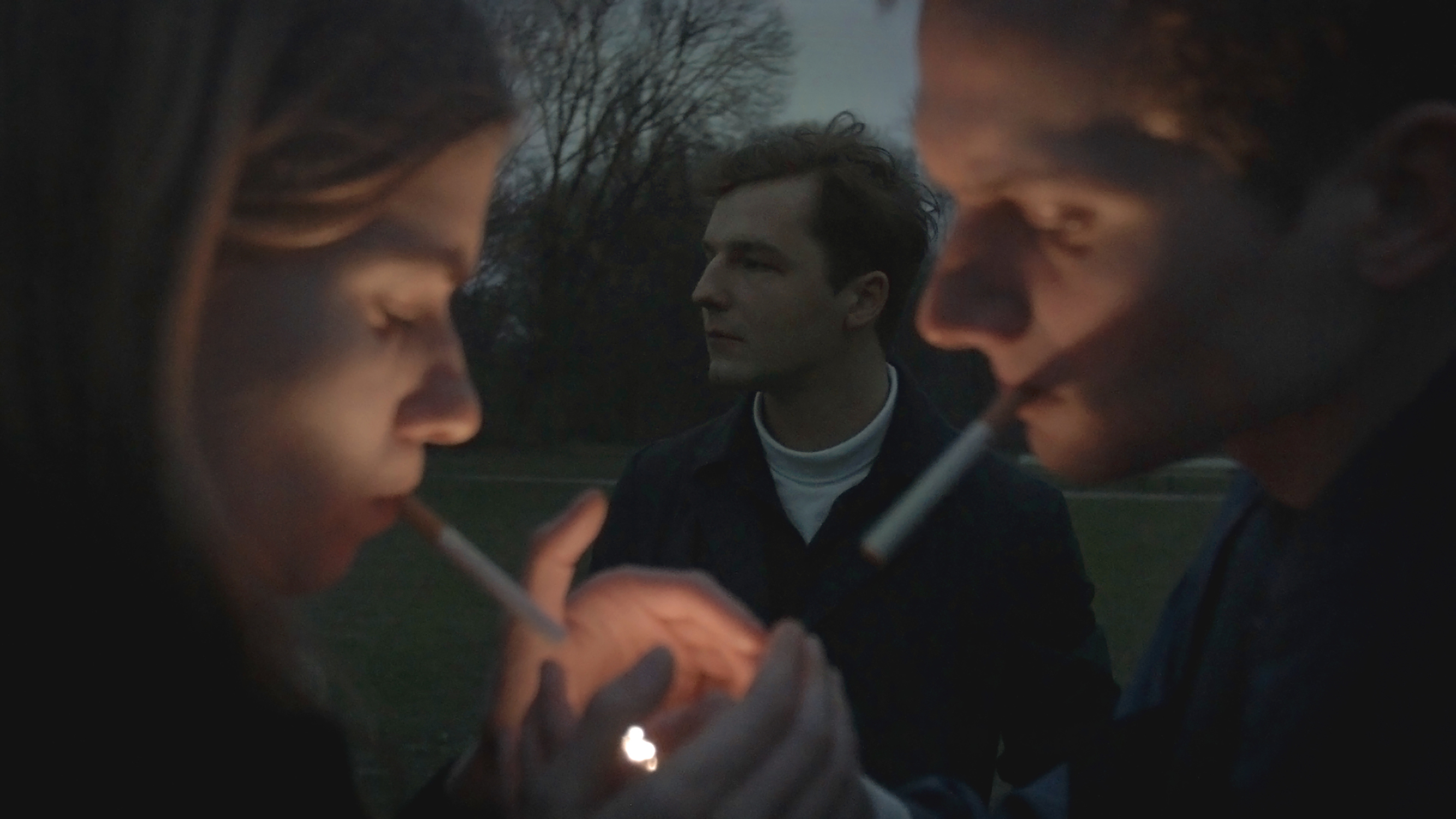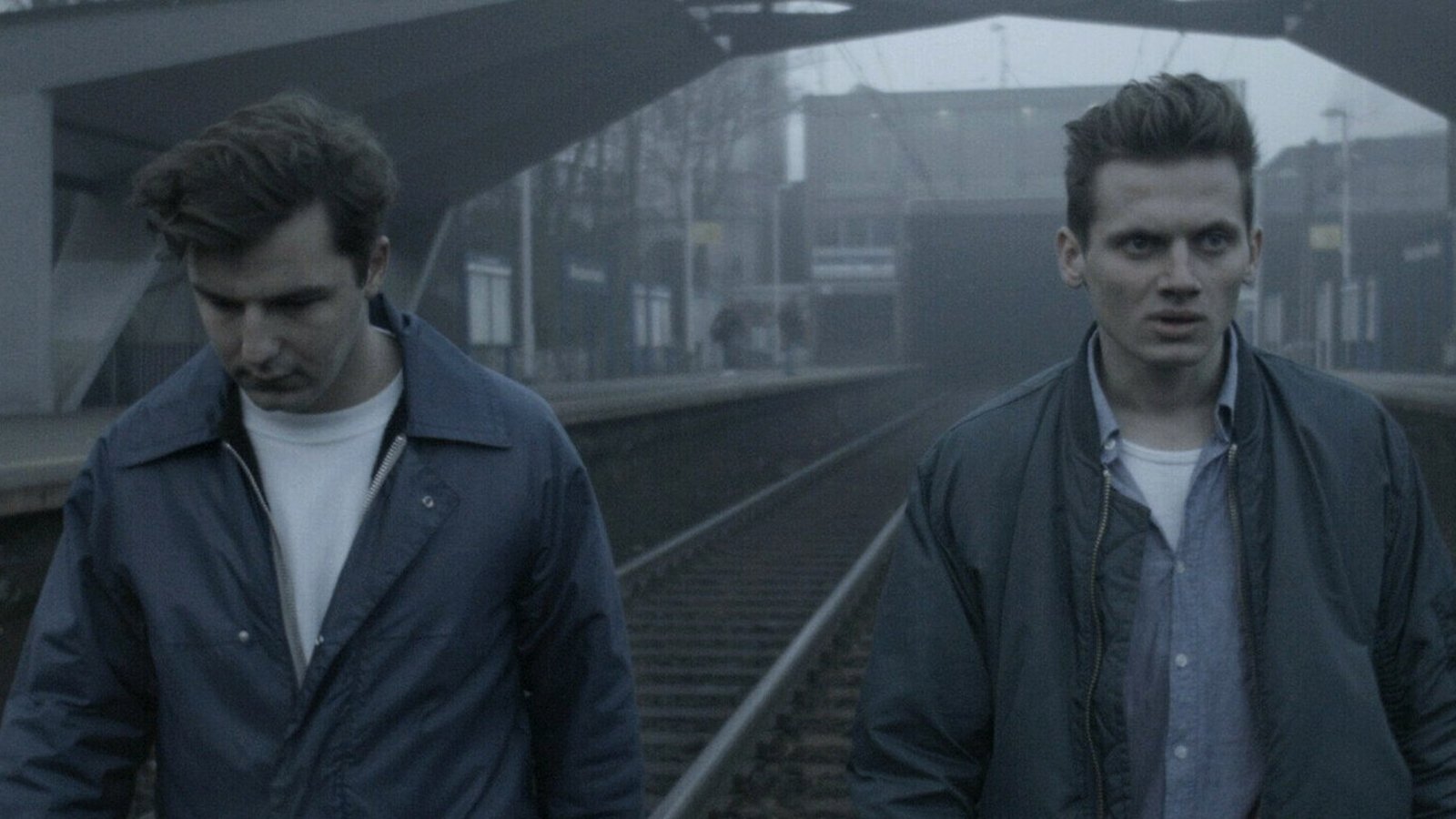

But the imperative of obliterating her own inner pain is more urgent to her than the imperative of giving time and attention to the children she already has.

Stroud briskly shrugs people off when they question the practicality of having a fifth baby (“I want messy”), and cheerfully admits that in many ways another child is the last thing they all need. Her own mother was brain damaged in a horrific riding accident when Stroud was 16: “Much of my life has been about seeking strong motion both to make me feel alive and distract from the pain of existence.”Īs a motivation for creating new humans, this is not without its ethical problems. It’s not about duty, or even about juggling the demands of kids and work mothering for Stroud has more to do with hedonism and adventure, about escape, and exploring the outer limits of human experience. This is a vision of motherhood for the (now middle-aged) MDMA generation. This is a vision of motherhood for the (now middle-aged) MDMA generation

These natural processes are strong drugs, and she proudly tells us she’s an addict. “Just as being fucked so hard it hurts can feel good, this pain becomes something I recognise as clearly as I know myself.” The agony of early breastfeeding, too, is offset by the “pure liquid heaven” hormones that course through her, which she compares to the effect of heroin. As the baby crowns, pain rips through her body and Stroud reaches down to press her clitoris. For Stroud, there is no question of an epidural: labour is and needs to be an extreme experience, which takes her to the brink of life and death, and “feels to me like the very reason I was put on this planet”. “And I like to be hurt.”Ĭhildbirth itself is the ultimate expression of this heady cocktail of pleasure and pain. And while she is acutely alive to its joys – sexual, exhausting, earthy joys – these are always intertwined with darkness and difficulty. She excels in evoking the feral, instinctive forces that motherhood unleashes, which can be so difficult to explain or describe (hence the shocked refrain of new mothers: “Nobody ever tells you!”). Her new book is nature writing, too but this is nature as experienced from the inside. Stroud was shortlisted for the Wainwright prize for nature writing for her debut memoir, The Wild Other. As Stroud battles through pregnancy, labour, breastfeeding, and meetings with the school about Jimmy’s weed habit, her third and fourth children, Dash and Evangeline, wheel about in a world of spilled cornflakes and imaginary cats.

Meanwhile her daughter Dolly is grappling with dyslexia and the onset of puberty. We get a remarkable 360-degree view of many different stages of mothering, all happening at once: she lives through the passionate intensity of her first attachment with Lester, just as her eldest son, 16-year-old Jimmy, is in the process of separation, his adolescence “compelling us further and further apart, once magnets, now repelled”. The book follows Stroud and her family through a tumultuous year, in which her fifth child, Lester, is born. The business of bringing a person into the world, after all, is not cute or clean or fluffy. When someone gives her new baby a stuffed toy monkey, she longs to surround him with more ancient and serious things: the Bible, The Complete Works of Shakespeare. There are no pastel colours here Stroud’s mother-love is “as raw and rare as cutting through the soft dark crimson of uncooked liver”. The motherhood she describes is the very antithesis of the sanitised, smiling vision we are sold in washing powder ads. What does being a mother really feel like? Clover Stroud’s powerhouse of a memoir gets closer than anything else I have read to answering that question.


 0 kommentar(er)
0 kommentar(er)
